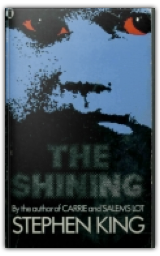
Ghostly bursts of plaster dust. A low, rhythmic sound in the background: Red rum-RED RUM-red rum-RED RUM. A sense of something evil swirling inward on itself, like a whirlpool of black ectoplasmic energy. The experience of being inside the actual consciousness ("come out and take your medicine!") of a frightened little boy. Echoes of Shirley Jackson ("whatever walked there, walked alone"), of Poe's Masque of the Red Death and of creepy folk tales (Hansel and Gretel). 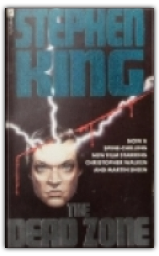
If any of King's novels exemplifies his skill at portraying the concerns of his generation, it's The Dead Zone. Although it contains a horrific subplot about a serial killer, it isn't strictly a horror novel. It's the story of an unassuming high school teacher, an Everyman, who suffers a gap in time—like a Rip Van Winkle who blacks out during the years 1970-75—and thus becomes acutely conscious of the way that American society is rapidly changing. He wakes up as well with a gap in his brain, the "dead zone" of the title. The zone gives him crippling headaches, but also grants him second sight, a talent he doesn't want and is reluctant to use. The crux of the novel concerns whether he will use that talent to alter the course of history. 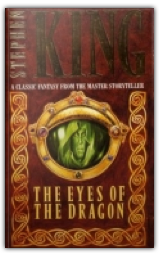
A kingdom is in turmoil as the old king dies and his successor must do battle for the throne. Pitted against an evil wizard and a would-be rival, Prince Peter makes a daring escape and rallies the forces of Good to fight for what is rightfully his. This is a masterpiece of classic dragons-and-magic fantasy that only Stephen King could have written! 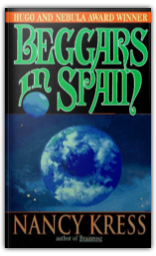
Many of us wish we could get by with less sleep. Beggars in Spain extrapolates that wish into a future where some people need no sleep at all. Nancy Kress, an award-winning author of novels, short stories, and columns on writing, has created another thoughtful but dramatic statement on social issues. |
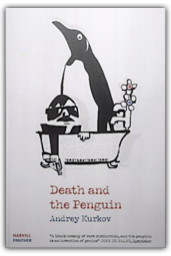
The publication of Death and the Penguin, Andrey Kurkov's debut novel, heralds a unique new voice in post-soviet satire. Set in the Ukraine in the years immediately after the collapse of the Soviet Union, this dark, deadpan tale chronicles the journalistic career of Victor, who shares a flat with Misha, his depressed Penguin, rescued from the under-funded zoo in Kiev. Victor is asked to write obelisks, obituaries, for a prominent city paper about notable figures in the community, and quickly transforms himself from struggling writer to wealthy journalist. It soon becomes apparent that there is a more sinister motive at play, and Victor finds himself descending in a Kafkaesque realm of suspicion and unease. 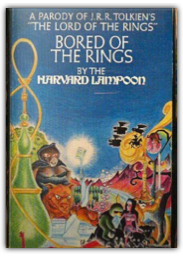
Parody of The Lord of the Rings. 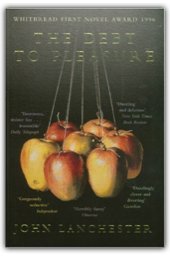
A gorgeous, dark, and sensuous book that is part cookbook, part thriller, part eccentric philosophical treatise, reminiscent of perhaps the greatest of all books on food, Jean-Anthelme Brillat Savarin's The Physiology of Taste. Join Tarquin Winot as he embarks on a journey of the senses, regaling us with his wickedly funny, poisonously opinionated meditations on everything from the erotics of dislike to the psychology of a menu, from the perverse history of the peach to the brutalisation of the palate, from cheese as "the corpse of milk" to the binding action of blood. —Sue Sheph |

Mike Scott
Collection Total:
4227 Items
4227 Items
Last Updated:
Feb 21, 2010
Feb 21, 2010


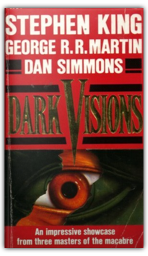
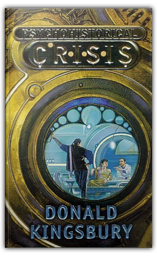
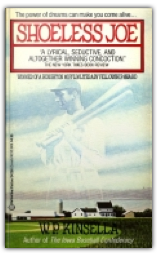
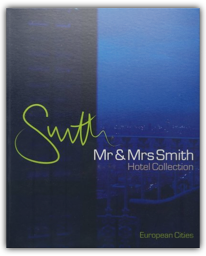

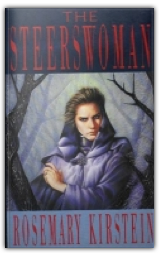
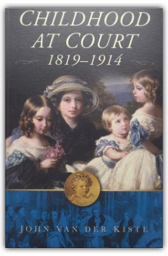
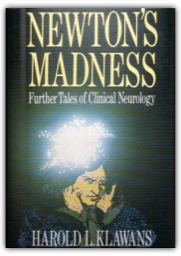
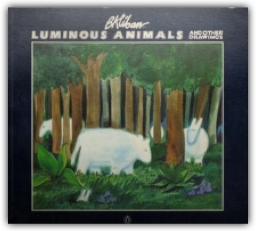
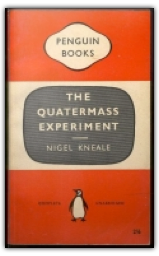
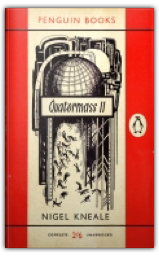
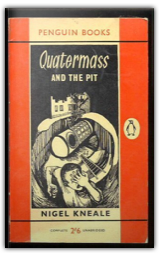
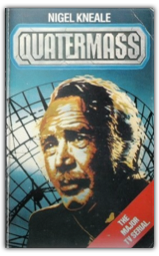
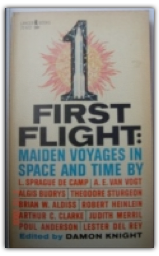
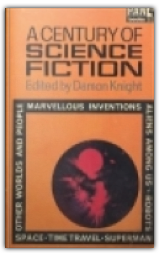
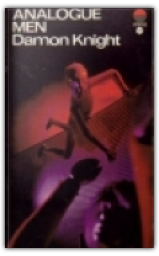
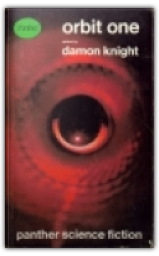
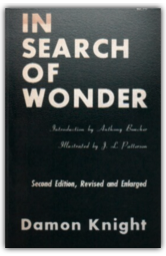
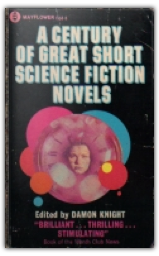
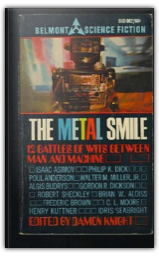
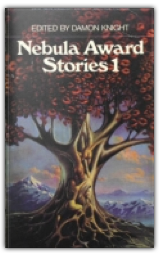
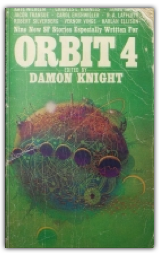

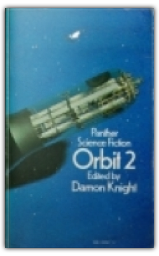
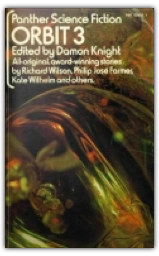
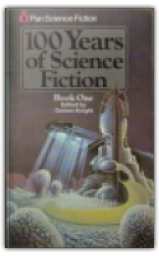
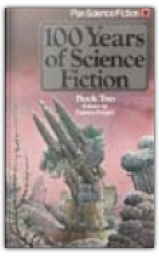
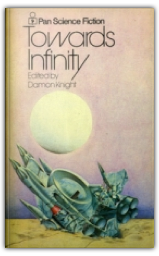
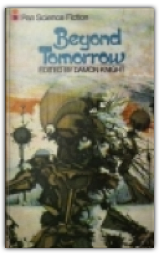

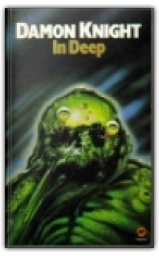
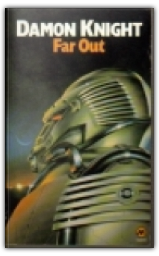
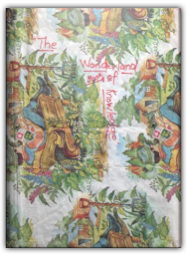
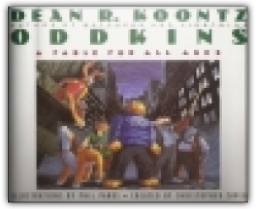
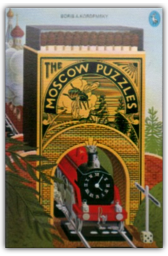
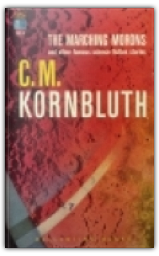
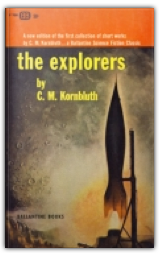

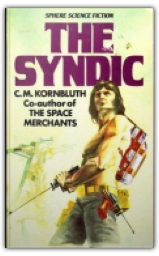
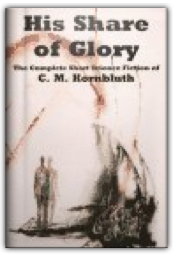
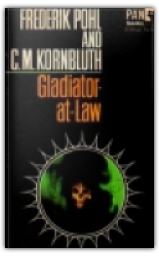
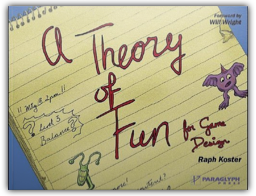
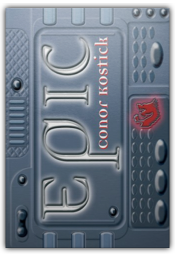
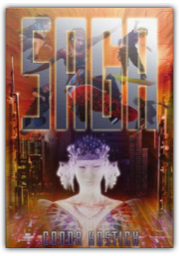







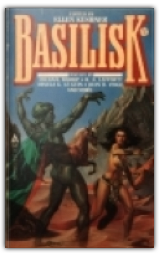

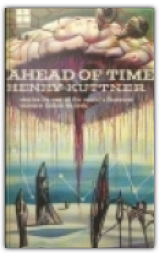
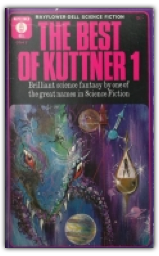
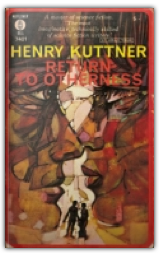
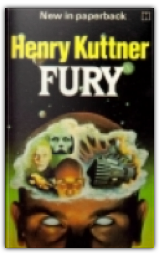
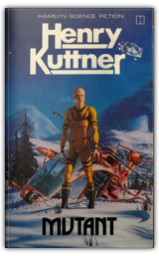
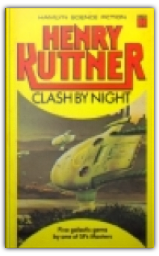
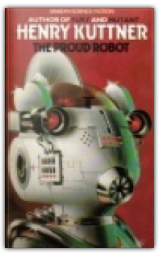

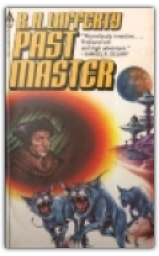
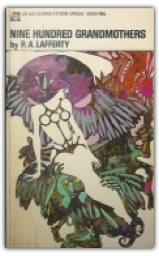
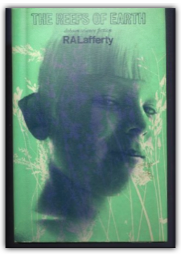
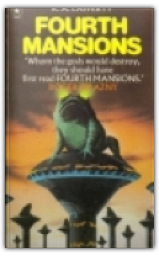
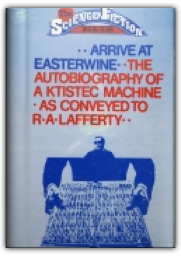
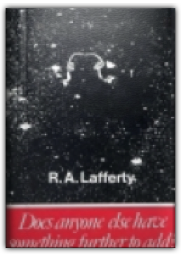

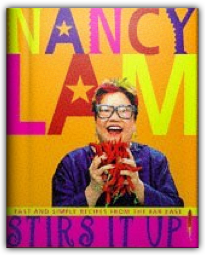
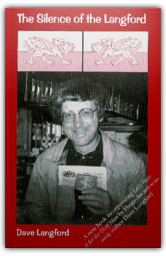

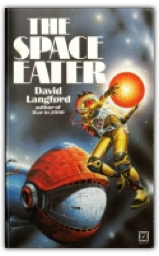
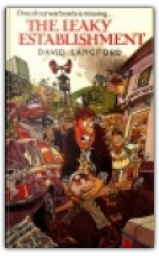
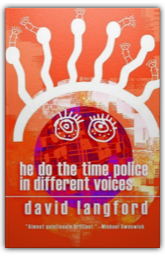
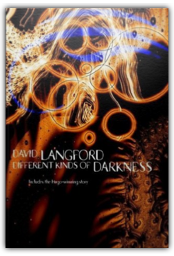
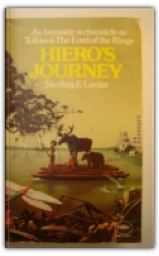

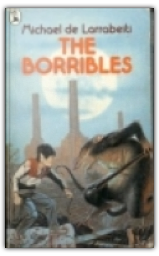
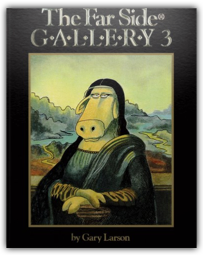
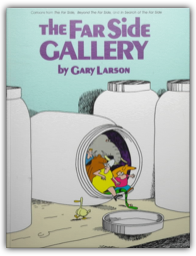
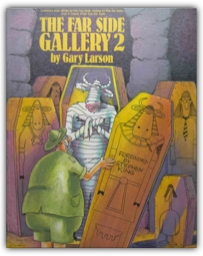
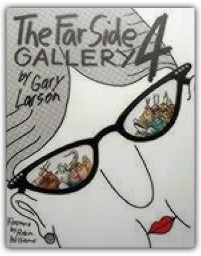
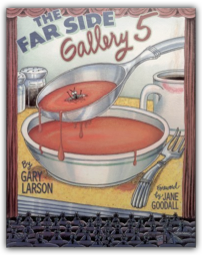
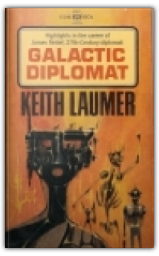
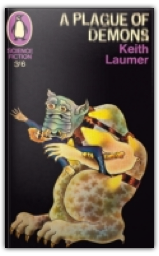
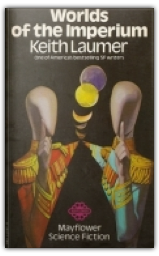
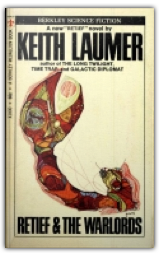
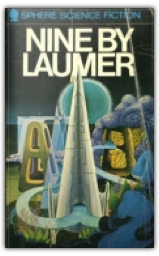
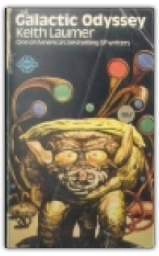
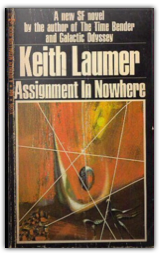
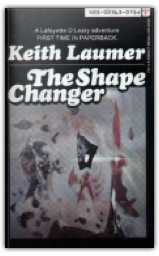

 Made with Delicious Library
Made with Delicious Library